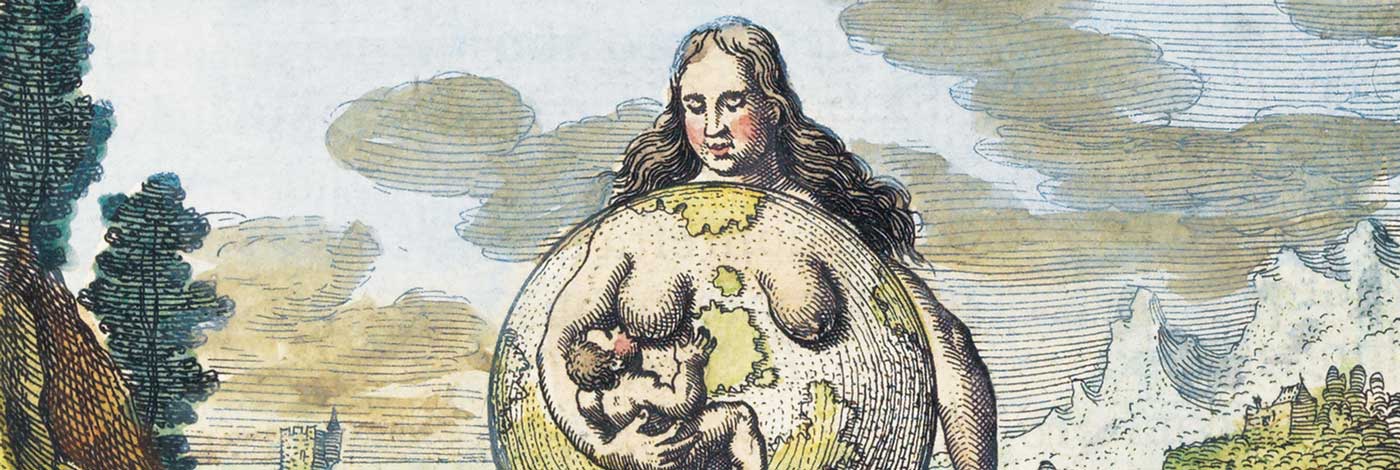The cayd al-kabîr (tabaski in West Africa) is one of the main muslim feasts. It takes place in the family house and commemorates the sacrifice of Ibrahim/Abraham. At the center of the feast is the sacrifice of a domestic animal, most frequently a sheep. So that it serves as a substitution of the elder son, as with Ibrahim's sacrifice, the sheep must be made familiar, even humanized. In Maghreb it is given a name and fed with the left-overs of family meals. It becomes a play-mate for the children, and the women decorate it with henna and khol. During the slaughter, which is undertaken by the father, the mother takes care of the sacrificial blood, which serves as the soul of the animal. The distinction of masculine and feminine roles marks the rythm of the feast, from preparation of the carcass to the cooking of the sacrifice and the meat-offerings.

 Anthropozoologica
35 - Pages 39-50
Anthropozoologica
35 - Pages 39-50